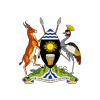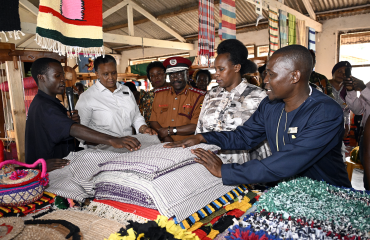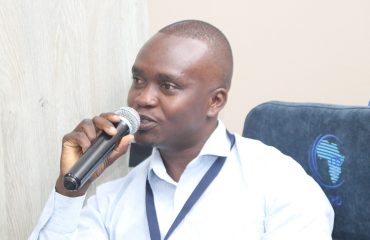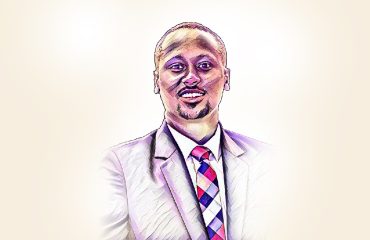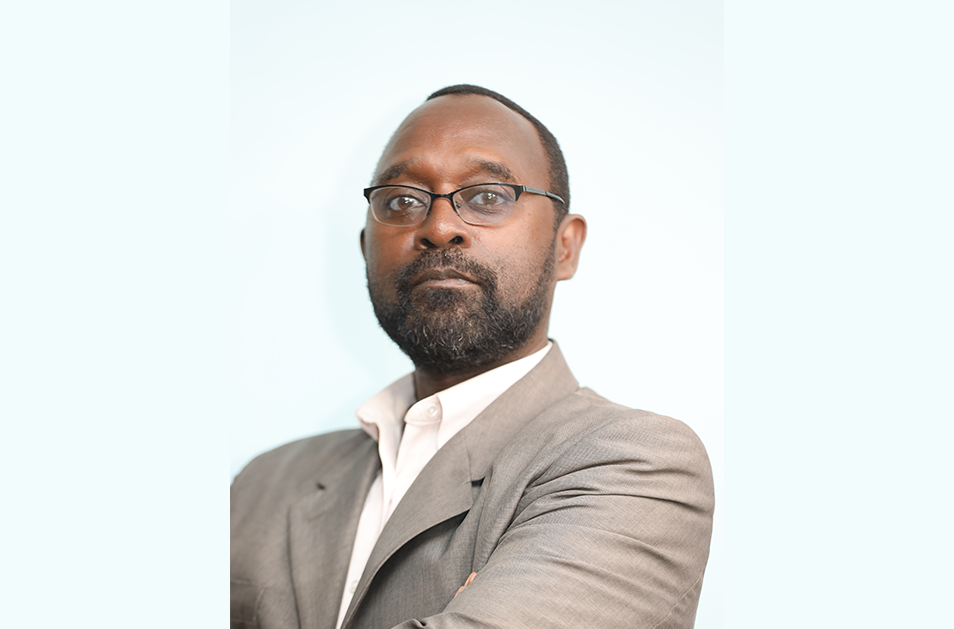
Whenever we see and hear the word “democracy”, we tend to imagine a serene and ideal system of leadership. Realistically, democracy, like some romantic and grandiose human inventions is everything but idealistic and serene. And as John Adams said of politics, democracy can as well be described as “the systematic organisation of hatreds.”
The only reason why democracy is in vogue is that so far, it’s more representative than all other systems of leadership human beings have ever engineered. Let us briefly look through them here;
Feudalism: Leadership by Landlords; also known as Feudal System, this medieval governance style was such that a monarch or king distributed land to a few nobilities which gave them power to control peasants. In return, the landlords protected the monarch using an army recruited from submissive peasants. This created an intertwined system of royalties in which the peasants protected their landlord and the landlord protected the King for services provided at each stage. The peasants were always at the mercy of land owners; they had zero say in governance of their society.
Kingdoms: Leadership by family; Commonly known as Monarchs, these states are ruled by Kings and Queens whose ascendance to the throne is hereditary. In otherwards, leaders came from the family of the seating leader after he/she dies or abdicates the throne. So, unless you were related to the ruling family, your chances at leadership of the territory were and are still zero.
Dictatorship: Leadership by Weapons/Guns; One individual or a group of them take power and control it using the military to subdue any alternative opinion. Power is controlled by one person, a group of army generals and or one political party. The rest of society has zero input as to who becomes leader and plays no part in policy formulation.
Democracy: Leadership by money; The Greeks have a romantic version of what democracy is; “The government of the people, by the people and for the people.”. What the Greeks did not tell us was which people. Today, we all know that while we all participate in democratic processes, those with economic means tend to be overwhelmingly favoured. In fact, democracy thrives in countries with a strong middle class, or to put it bluntly, the moneyed class.
Therefore, accusations that the National Resistance Movement primary elections have been commercialised should not come as a surprise, it’s a democratic phenomenon. And yes, NRM primaries saw a lot money injected into it by different candidates in order to win over the electorate.
Even though lack of economic muscle disfavours one from leadership roles, unlike other forms of leadership which tend to be totally exclusive, democracy welcomes you seamlessly as soon as your economic fortunes change for the better.
In some cases, even the poor pull off surprise wins in a democracy, which gives it that Greek idealistic aura of the government of the people by the people for the people. Otherwise, even in United States, a candidate who accumulates more money in fundraisers tends to have a better comparative advantage at polls. The only difference is that in USA, the voters donate campaign funds to the candidate while in Uganda, the candidate donates to voters.
Of course, there were incidents of violence as seen in Lwemiyaga and other places. While totally unacceptable, they symbolise the desire and passion to participate in democracy. What is needed here to fight the vice of violence and encourage the candidates’ desire to win fairly and leverage the electorate’s passion to grow democracy in the party and Uganda in general.
Another issue that came up was use of military and other security forcesduring campaigns and actual voting; on paper, security is needed in these processes of exercising democracy as arbiters in case of a disturbance. So, their presence should be welcomed rather than criticised, except that in some cases, certain candidates take advantage of their positions in government to misuse the security personnel. Judging from the number of these incidents, i believe this behaviour is on the decline rather than escalating as our faith in elections grows stronger.
Instituting an Election Disputes Tribunal headed by Lawyers John Musiime and Enoch Barata is a clincher. It brings confidence, legitimacy and sense of justice to everyone involved even if the outcome may not favour them. And even for those who may not get satisfied at all, they learn that democracy is about agreeing, disagreeing and settling for uncomfortable realties.
The NRM primaries took place under a well-established party Electoral Commission that oversaw the exercise to a logical conclusion. The disputed outcomes are being handled by a well-established party Election Disputes Tribunal that will oversee the arbitration process to a logical conclusion. That is democracy on a positive trajectory.
Communications Officer
Government Citizen Interaction Centre.
State House.
